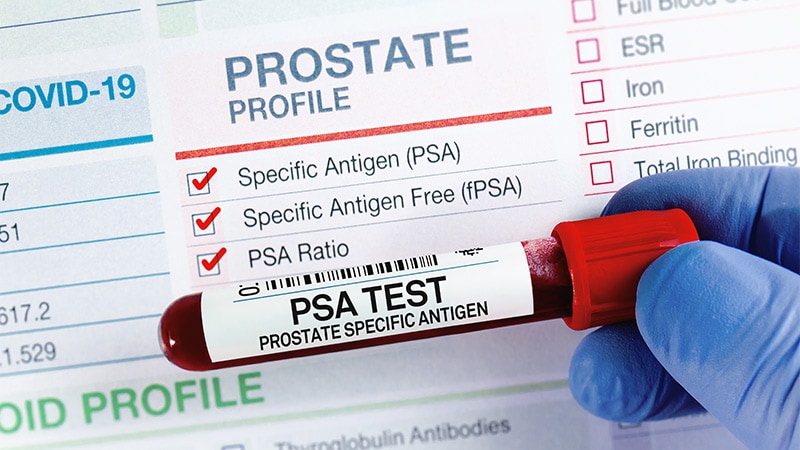The European Society for Medical Oncology (ESMO) has published clinical practice guidelines on the diagnosis and management of cancer-related fatigue (CRF).
ESMO says healthcare professionals should acknowledge the reality and impact of CRF. Among the recommendations are the following:
- Information and counselling are recommended for patients and caregivers.
- Routine screening for CRF during therapy and aftercare.
- Comprehensive, focused diagnostic assessment of patients who screen positive.
- Physical exercise of moderate intensity.
- The use of modafinil and armodafinil is not recommended.
- No consensus on the use of methylphenidate, dexmethylphenidate, long-acting methylphenidate, and dexamphetamine.
- Antidepressants, in particular paroxetine, are not recommended.
- Donepezil is not recommended.
- The use of eszopiclone, megestrol acetate, and melatonin is not recommended.
- The use of L-carnitine, coenzyme Q10, astragalus, guarana is currently not recommended.
- Short-term dexamethasone or methylprednisolone is recommended for the control of CRF in patients with metastatic cancer.
- Psychoeducation and cognitive behavioural therapy (CBT) are recommended.
- MBSR and yoga could be an option to improve CRF.
- No consensus on the use of acupuncture.
- Pharmacological interventions are not recommended for the control of CRF in patients aged ≥65 years.
The full guidelines are published in the Annal of Oncology.
References
References



